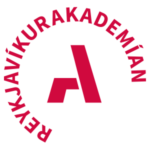Team
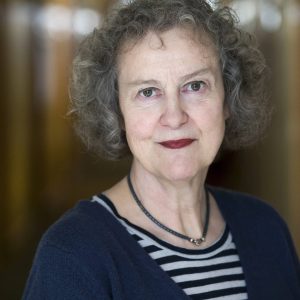
Auður Hauksdóttir
is Professor Emerita of Danish at the University of Iceland. Between 2001 and 2018 she was Director of the Vigdís Finnbogadóttir Institute of Foreign Languages, University of Iceland. Her main fields of expertise are the Danish language, in particular Danish as a foreign language past and present, comparative linguistics and the history of Danish culture and language in Iceland. In recent years she has written extensively on the influence of the Icelandic language and literature on Danish language policy and Danish national identity formation.

Bragi Þorgrímur Ólafsson
is Head of the Manuscript Collection of the National and University Library of Iceland, which comprises over 15,000 post-medieval manuscripts. He obtained a doctoral degree in 2022 for his thesis on philologist and political leader Jón Sigurðsson (1811-79) and the collecting of manuscripts in Iceland 1840-80.
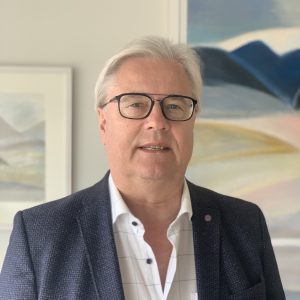
Clarence E. Glad
holds a doctoral degree (PhD) in Religious Studies from Brown University (1992). He has taught at the University of Iceland, the University of Bifröst, Reykjavik University and the University of Copenhagen. Currently a researcher at the Reykjavik Academy, Iceland, he is the author of books and articles on Philodemus and on the Pauline heritage in Early Christianity and on Icelandic cultural nationalism and images of the North in the long nineteenth century. He has also translated works by Clement of Alexandria from Greek into Icelandic. He has been a project leader and participant in numerous international research projects, inter alia as co-director of Icelandic Philology and National Culture 1780-1918, which was financed by the Icelandic Research Fund.
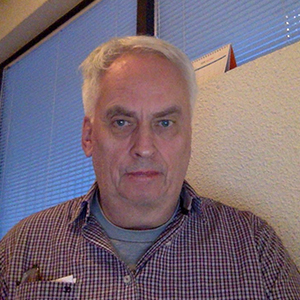
Gylfi Gunnlaugsson
is a researcher at the Reykjavik Academy, Iceland. He has taught at the University of Kiel, Germany, and the University of Iceland. His areas of research include the remediation of Old Norse literature in literary works of later periods and the role of the Old Norse heritage in the formation of national and transnational identities in North-Western Europe. He has participated in several international research projects, most recently as co-director of Icelandic Philology and National Culture 1780-1918, a project financed by the Icelandic Research Fund. Among his publications is the edited volume Old Norse-Icelandic Philology and National Identity in the Long Nineteenth Century (ed. with Clarence E. Glad, 2022).
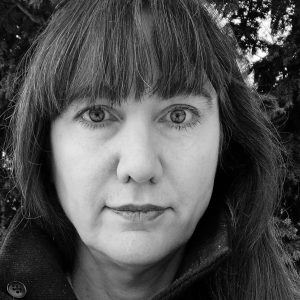
Paula Henrikson
is Professor of Literature in the Department of Literature and Rhetoric, Uppsala University. Her fields of expertise include romantic literature, textual criticism, classical reception and travel literature. Among Henrikson’s publications are the books Dramatikern Stagnelius (2004), Textkritisk utgivning (2007), Detta tryckpapperstidevarv: Litterär editionshistoria i Sve rige under det långa 1800-talet (2018), and the edited volumes Geschichte der Edition in Skandinavien (ed. with Christian Janss, 2013) and Time and Temporalities in European Travel Writing (ed. with Christina Kullberg, 2021). She has been awarded prizes by the Swedish Academy, the Royal Swedish Academy of Letters, History and Antiquities and the Royal Society of Humanities in Uppsala.
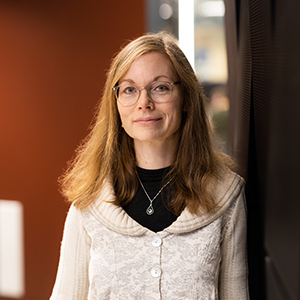
Gunilla Hermansson
is Professor of Comparative Literature in the Department of Literature, History of Ideas and Religion, University of Gothenburg. She studied Nordic Literature at the University of Copenhagen and received her PhD degree in 2003 for a thesis on Törnrosens bok by C. J. L. Almqvist. Her research has a distinctly Nordic profile and has been devoted mostly to romantic, early avant-garde and modernist literature. A common denominator is a historical interest, including the theory and problems of literary historiography, as well as an effort to combine close readings with theoretical reflections on the relationships between form, ideology and aesthetics. Among her most recent books are Swedish Women’s Writing on Export: Tracing Transnational Reception in the Nineteenth Century (2019), with Yvonne Leffler et al, and the upcoming monograph, Song Lyrics and Literary History: The Afterlives of ‘Vårvindar friska’ (Bloomsbury 2025).
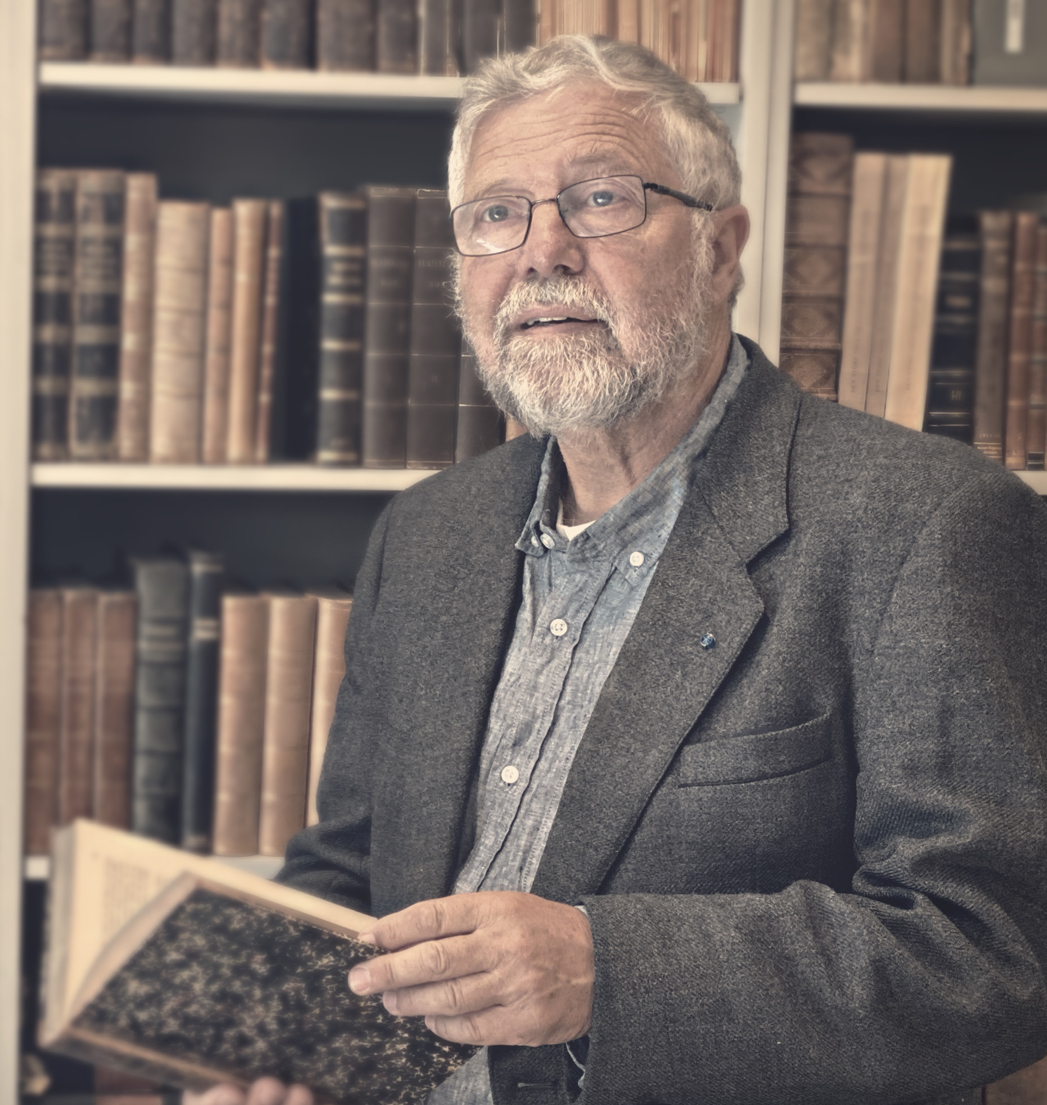
Jon Gunnar Jørgensen
is Professor Emeritus of Old Norse Philology at the University of Oslo. His scholarly works cover a broad range of subjects, mostly concerning Old Norse language and texts. Amongst other things, he has undertaken manuscript studies and written about saga literature, skaldic and Eddic poetry, historiography and reception history. He has also published scholarly editions of both medieval texts and more recent (nineteenth century) literature and edited a corpus edition of the Sagas of Icelanders in Norwegian. Currently he is finishing a study of the importance of poetry for the development of the sagas.
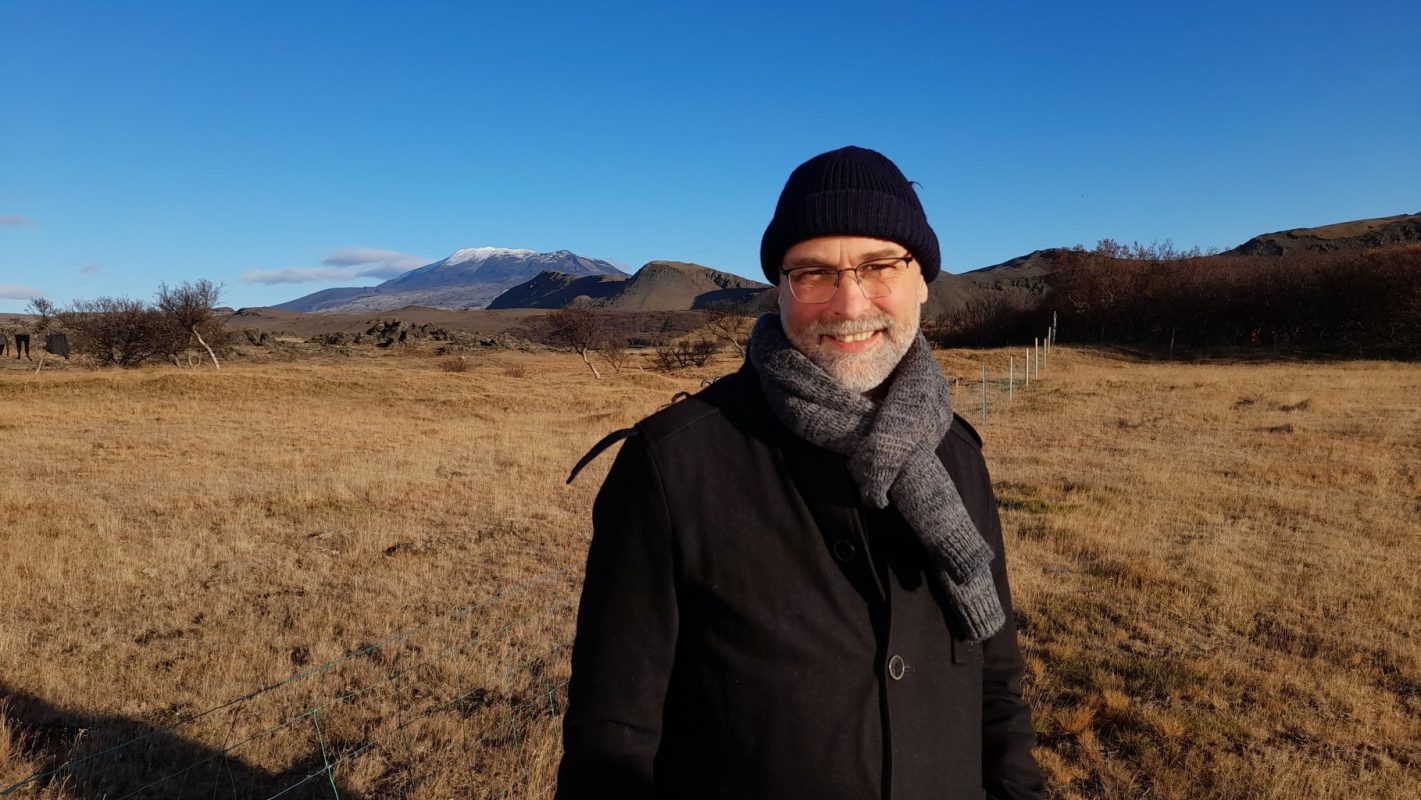
Thomas Mohnike
is Professor of Scandinavian Studies at the University of Strasbourg. He has researched extensively on imaginative geographies of the North in comparative philology 1780-1945 and the rewritings of Old Norse sagas after 1500. He was co-director of the FRIAS-USIAS funded project Building the North with Words.
Geographies of Scientific Knowledge in European Philologies 1850–1950, which resulted in several publications, for example Géographies du Germain. Les études nordiques à Strasbourg (1840-1945) (2020). Besides studies on the reception of Old Norse myths, he is working on the influence of Protestantism on aesthetics in Northern Europe in several projects.
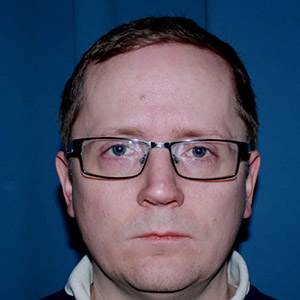
Klaus Johan Myrvoll
is Professor of Nordic Linguistics at the Department of Cultural Studies and Languages, University of Stavanger. He received his PhD degree in Old Norse Philology from the University of Oslo in 2015 for a thesis on skaldic metre and the chronological development of skaldic verse. His main research focus is on skaldic poetry, particularly on the role of poetry in saga literature, and Nordic language history, both with regard to the ancient languages and the development of Modern Norwegian (nynorsk). He has also published on other topics, such as manuscript transmission, name studies, genealogy and runology.
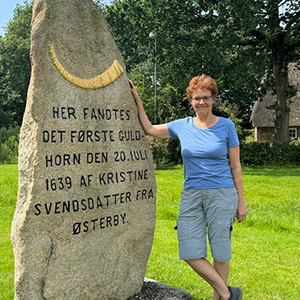
Katja Schulz
completed her doctoral degree in Scandinavian Studies at the Goethe University Frankfurt in 2002 with a thesis on jötnar (giants) in Old Norse-Icelandic literature. She is co-author of the Kommentar zu den Liedern der Edda (1997-2019, 7 vol.) and worked for several years at the DFG funded research project Edda-Rezeption, based in Frankfurt. As a part of this project she edited Eddische Götter und Helden. Milieus und Medien ihrer Rezeption (2011) and co-edited Gylfis Täuschung. Rezeptionsgeschichtliches Lexikon zur nordischen Mythologie und Heldensage (2019) and “Sang an Aegir”. Nordische Mythen um 1900 (2009). She was a visiting professor at the Institut für Skandinavistik, Frankfurt, 2016 and 2021-23. She is now affiliated with the Reykjavik Academy.
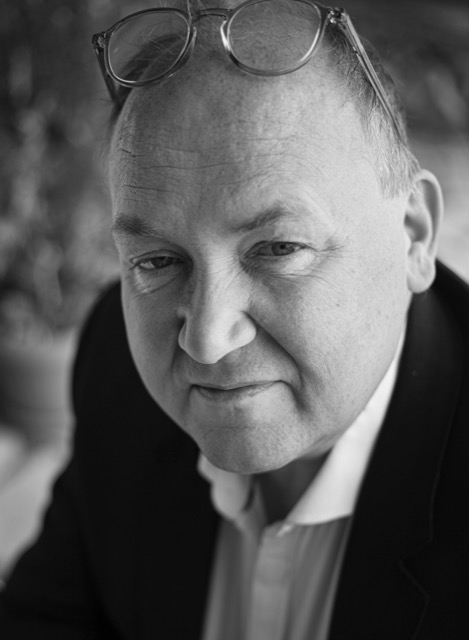
Kim Simonsen
